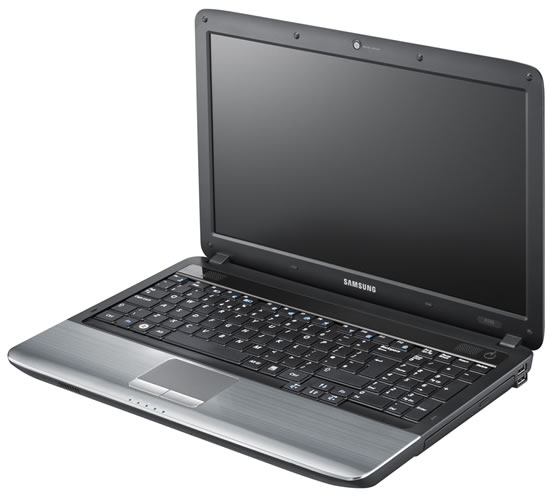Update: Samsung has issued a statement via its Samsung Tomorrow blog denying that its notebooks are shipping with any kind of keylogger software. It's been concluded that Vipre Antivirus was reporting a false positive on the folder C:\WINDOWS\SL, which corresponds to the Slovenian language directory for Windows Live. This same directory path is used by the StarLogger keylogger. We apologize for reporting this false information, although the original source had a Samsung technical supervisor confirming that the computers were shipping with logging software for performance monitoring purposes. Samsung has further stated that they launched an internal investigation as soon as the Network World report was brought to their attention. The original story is below.
If you own a computer manufactured by Samsung, you should run a scan with your preferred antivirus software immediately. According to a two-part report published by Network World, researcher Mohamed Hassan discovered that the company's 15.6-inch R525 and R540 notebooks ship with a commercial keylogger.
Called StarLogger, the software launches with Windows and runs in the background, making it tricky to detect without some form of antimalware program. StarLogger can record every keystroke made on the system and it's also capable of taking screenshots. That data is emailed to an address specified by the installer (i.e. Samsung).
After initially denying the claims, Samsung admitted to installing StarLogger on new computers to gather customer usage data – without consent, mind you. It's unclear exactly what data StarLogger is collecting, but a Samsung supervisor said it's used to "monitor the performance of the machine and to find out how it is being used."

Besides that tidbit, the company has been incredibly quiet about the matter. Network World contacted three Samsung public relations offers for a comment, but none of them replied after a week. Likewise, other publications have sought a response from Samsung, but the company appears to be ignoring emails and phone calls.
In 2005, Sony BMG Music Entertainment sold music CDs with a copy protection scheme that installed rootkit software on computers. Customers were furious when they found out and quickly filed a class-action suit forcing Sony to recall 4.7 million CDs and pay $575 million in damages – undoubtedly more than it gained by using the DRM.